TAKE THE BAIT

Imagen of OpenClipart-Vectors in Pixabay
OBJECTIVE
Raise students' awareness of the need to be cautious when sharing their personal data online.
TIME EXPECTED
15/20 minutes.
DEVELOPMENT
You have probably visited websites or services on the Internet where you have to provide some of your personal data. You should be aware that sharing this data entails a series of dangers for you, such as the fact that your digital identity can be impersonated.
This is why you should be cautious when doing so. Below, in a Google questionnaire, you will read a series of messages in which you must provide personal information, so that you can decide whether or not to do so: when will you take the bait?

EVIDENCE
CEIP BILINGÜE CIUDAD DE MÉRIDA
The Spanish team of Ciudad de Mérida carried out this good practice in the online session that the students and teachers of 5th and 6th grade held on 28th March 2022. In the following presentation we can see some pictures of the session and the initial results of the questionnaire. As the graphs are linked to the questionnaire, this document will be updated as the rest of the teams complete the questionnaire.
Link
ROMANIA
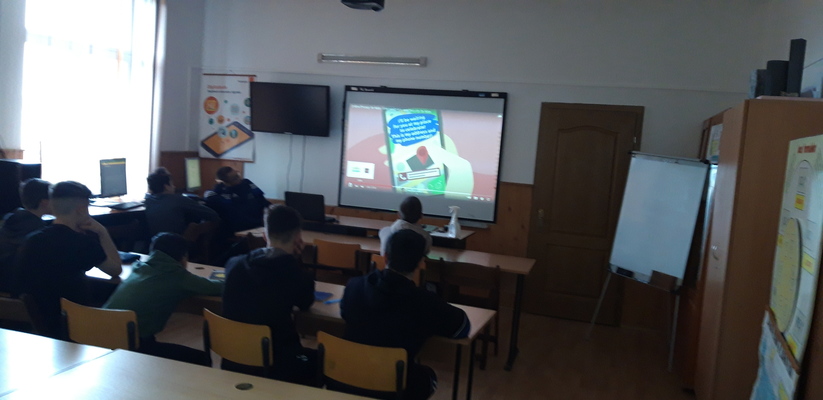
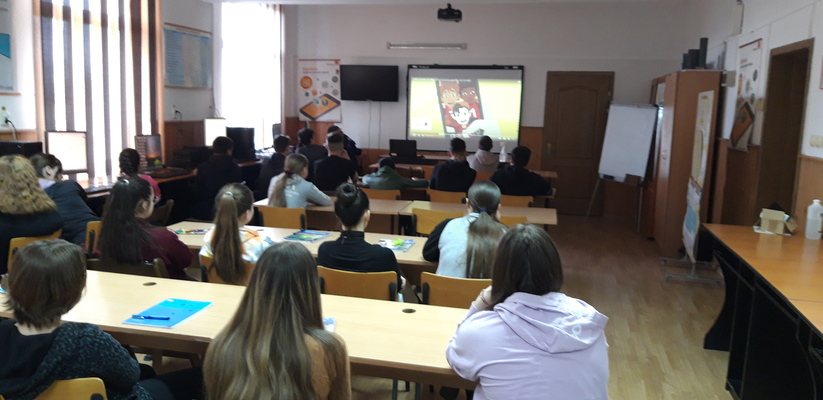
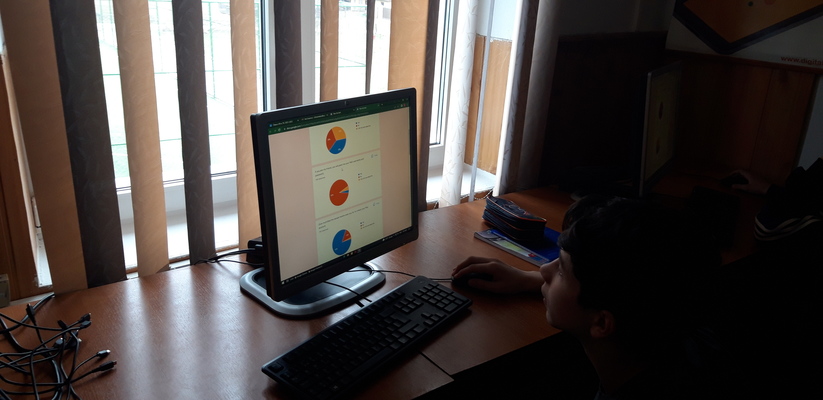
COLEGIO SALESIANOS
MARÍA INMACULADA
In the following presentation we can see some pictures of the session and the initial results of the questionnaire.
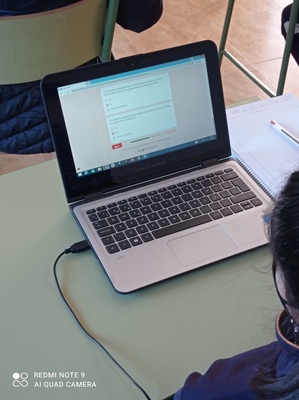
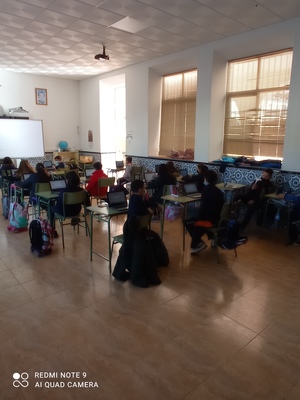
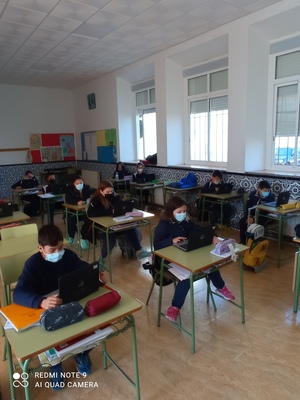

CASTRA CAECILIA. SPAIN. CRISTINA SÁEZ
https://padlet.com/csaezp01/k25zia1y691dy3qb
ITALY - ISTITUTO COMPRENSIVO PESCARA 7
The activities of this good practice were carried out by the students of the fourth grade of "Raffaele Laporta" primary school
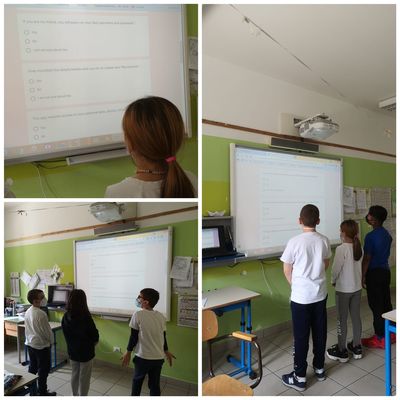
HUNGARY - SZIGNUM SCHOOL
On the subject of take the bites, the students filled out an international questionnaire about to whom and under what circumstances they would give their personal data. According to the questionnaire, the students were much more cautious than I would have thought. With this questionnaire, we prepared the first Cyber security conference of the Spanish national meeting. We talked with the students about the results of the questionnaire and they shared their experiences and knowledge about internet abuse. They also know about such cases from the Internet and from news that pops up on their phones. The results of the research were discussed in more detail in the Spanish presentation.
Sister Dominika - teacher leading the activity
RESULTS OF THE QUESTIONNAIRE
The questionnaire was answered by 149 students from all schools.
Students are cautious in these situations:
- They would not share their e-mail account username and password with friends (91.9%).
- They would give their parents their game account information (61.7%).
- They would not give their personal details to an app (63.8%).
- They would not include their bank account number in online purchases (85.9%).
- They would not give permissions to friends to share photos on social networks (57%).
- They would not give their email account to subscribe to their favourite video game magazine (48.3%).
- They do not download applications that require them to share a lot of their personal data (79.9%).
Risk behaviours would be as follows:
- They would give information for a free online game (47.7%).
- They would not change their password if they received an email about a strange connection (41.6%).
According to the results we can say that in most situations our pupils are cautious when it comes to giving personal data.